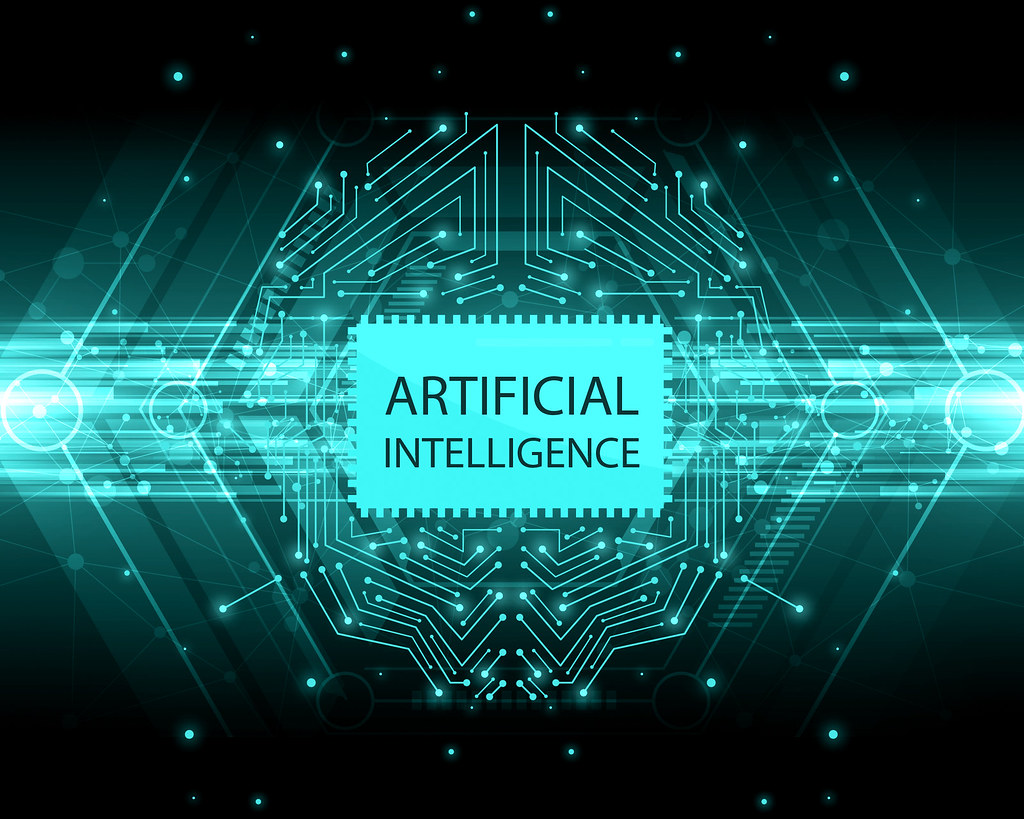AI has drastically transformed education and also enhanced new ways of teaching and learning. Its way of adapting to individual student needs has improved engagements and overall outcomes. Artificial intelligence has the potential to provide inventive solutions to different challenges, enhancing a teacher’s organization, and personalizing learning experiences. Although this idea must be approached with careful consideration and other ethical concerns, it has many benefits as to how it can benefit education.
Adaptive learning software is one of the most relevant examples of AI personalization in education. These platforms evaluate student’s strengths and weaknesses and provide them with adjusted content which fulfill their unique learning needs. For instance, a student who might struggle with subjects such as mathematics may receive less complex practice problems to help gain a better understanding of the course at hand. However, another student who may have mastered a concept more swiftly would be provided with more complicated content which ensures that the individual is being properly challenged and engaged. These flexible platforms most certainly benefit teachers, rather than the students, by reassuring them that their ways of teaching are being adjusted to their students’ personal needs.
One of the numerous time consuming tasks for teachers consists of grading exams, assignments and homework. AI has made this become a trouble-free and smooth running process by automating assessments, specifically for multiple choice or short answer questions. Additionally, there are other advanced systems that have the ability to grade essays along with open-ended questions by examining content and structure of students’ work. Despite the fact that this specialized program can inspect the work of individual students, it does not include giving personalized feedback as efficiently as a physical educator can.
Furthermore, AI assists teachers when it comes to planning lessons as well as assignments. Allowing them to tailor their lessons to students’ personal needs while also ensuring that each individual is fully engaged and getting proper education is another huge benefit for educators worldwide. Not only does AI support students and their necessities, but it also makes room for teachers to be more attentive to their own ways of teaching or instructing that might need more improvement and growth. They can be offered suggestions by these specific tools to enhance the engagement and use of technology within the classroom. As far as the suggestions go, AI also provides tools for teachers to be more conscious of the resources that they use, which guides them in a direction that avoids repetition, irrelevant sources and most importantly ineffective information.
There is no doubt that AI has contributed to expanding education. By offering students and teachers more opportunities and enhancing the variety of learning experiences; which overtime has strengthened education and made it more efficient, inclusive and accessible, educators now have more assistance and guidance that furthers each and every individuals’ knowledge to their best ability. Although this tool is more than beneficial to people across the globe, it is also very important to prioritize human interaction as well and not lose sight of the fact that this source of technology can cause damage if authorized.

